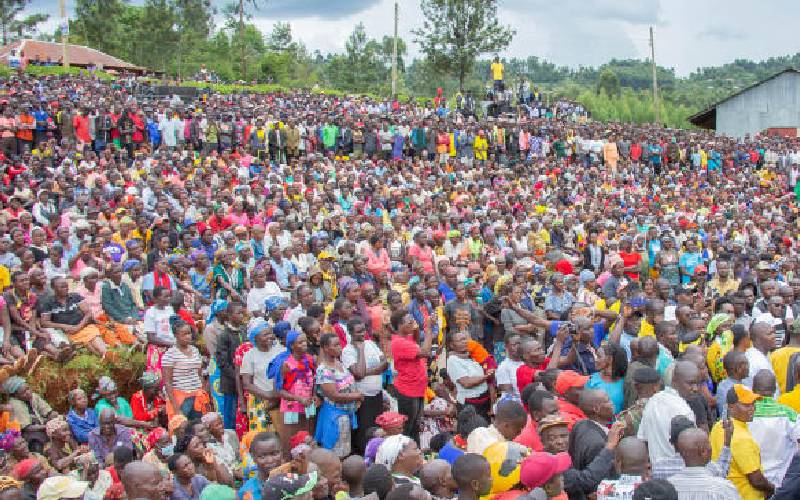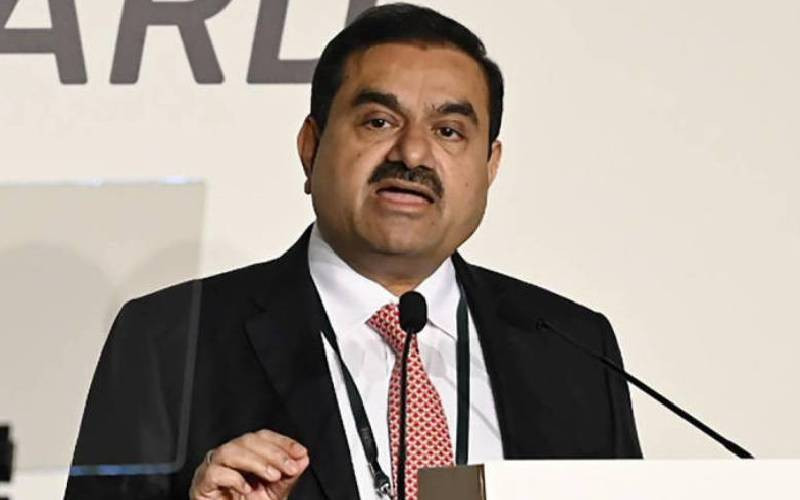
In most democracies and aspiring democracies, political parties are the imperative forums through which politics and elections are managed. Part 3 of Chapter Seven of our Constitution does not define a political party but only describes what it should be and should not be – its characteristics.
Generally, a political party is primarily a vehicle or forum through which like-minded individuals organise to win elections, to form and operate government and to make and influence public policy. To win an election, form and operate government and to influence public policy, a political party must have on its side, majority of voters and elected representatives.








